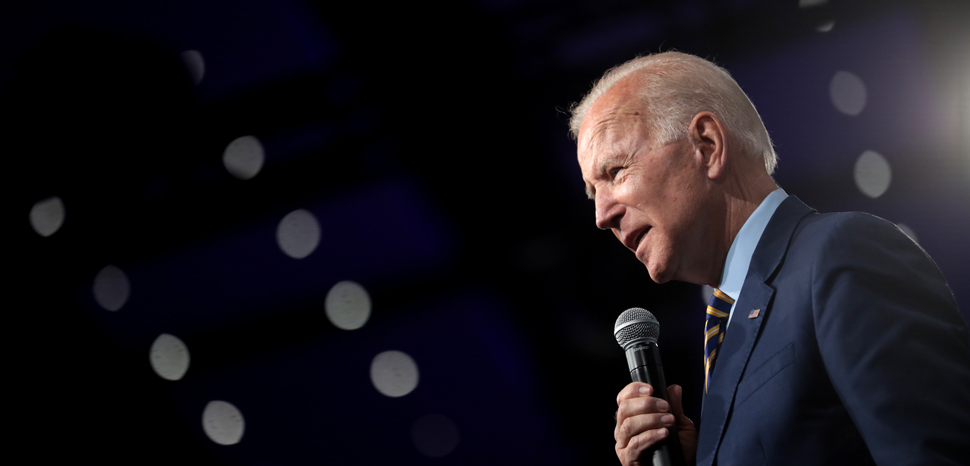Summary
The impending release of a US intelligence report on the assassination of Saudi dissident Jamal Khashoggi in 2018 signals a sea change in US policy toward the Middle East.
Gone is the deference that the Trump administration showed to the Saudi regime, notably toward its de facto leader Crown Prince Mohammad Bin Salman (MBS), who Trump once famously remarked ‘may or may not have’ ordered the Khashoggi execution. So too is US support for the Kingdom’s disastrous war in Yemen, and its no-questions-asked arms sales to Riyadh and its Gulf allies.
But you’d be forgiven for thinking this ‘new’ US foreign policy is a little familiar, since it’s precisely the kind of ‘strategic flexibility’ that the Obama administration sought in its years in office.




